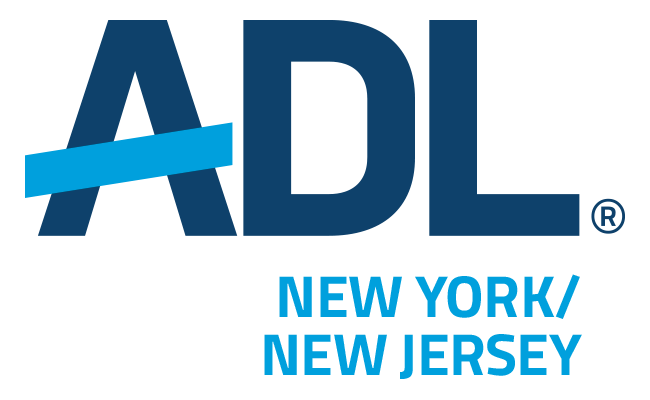As the December holidays approach, we at the Anti-Defamation League — one of the nation’s premier organizations defending religious liberty — know that many school districts are faced with difficult questions about how to appropriately acknowledge the December holidays. In an effort to help you comply with the United States Constitution and create a school environment that celebrates diversity by respecting differing points of view concerning religion, we offer the following suggestions.
- General Rule: When a school does choose to acknowledge the December holidays, it is essential that the school must never appear to endorse religion over non-religion or one particular religious faith over another.
- Public schools must remain free from activities that could involve religious coercion. Because of their young age, students are particularly impressionable and susceptible to pressure to conform to the beliefs of the majority. Schools must take care to avoid endorsing the beliefs, practices or traditions of the majority religion.
- Schools must be careful not to cross the line between teaching about religious holidays (which is permitted) and celebrating religious holidays (which is not). Celebrating religious holidays in the form of religious worship or other practices is unconstitutional. Teaching about a holiday will be constitutional if it furthers a genuine secular program of education, is presented objectively, and does not have the effect of endorsing, advancing or inhibiting religion.
- Special school events, assemblies, concerts and programs must be designed to further a secular and objective program of education and must not focus on any one religion or religious observance. Religious music or drama may be included in school events, but the reason for including that music or drama must be to advance a secular educational goal. Such events must not promote or denigrate any particular religion, serve as a religious celebration, or become a forum for religious devotion.
- Religious symbols are not appropriate seasonal decorations in public schools. The classroom and school premises are the place where children spend the majority of their day. It is important that all students feel comfortable and accepted in their school. Symbols of religious holidays may make some students uncomfortable and unwelcome because their holidays and traditions are not represented or because they do not celebrate religious holidays at all.
- In an effort to be ecumenical, it is not advisable to rely on information provided by a representative child of a minority religion. Students should not be put on the spot to explain their religious (or cultural) traditions. The student may feel uncomfortable and may not have enough information to be accurate. Moreover, by asking a student to be spokesperson for his/her religion, the teacher is sending a signal that the religion is too “exotic” for the teacher to understand. Finally, in certain cases, the teacher may be opening the door for proselytizing activity by the student, which must be avoided.
- Remember: diversity includes religious diversity. In designing holiday programming it is essential to keep in mind that the children entrusted to your care likely have widely divergent religious points of view. The way you approach the December holidays will determine whether those children whose religious views fall outside of the majority’s are made to feel welcome and comfortable in their school building or whether they will feel as if they do not belong.
- Of course during non-curricular time, secondary school students may participate in student-led and student-initiated activities that acknowledge or celebrate the holidays on the same terms that they can participate in non-religious activity. School officials may neither discourage nor encourage participation in the event, nor should they be sending the message that the school endorses the event. School officials also have an obligation to ensure that students who are not inclined to participate are not coerced in any way by fellow students who are participating. Finally, school personnel cannot promote or participate in such events in their official capacities, although they may be present to monitor the event for compliance with school rules.
Enclosed is “ADL’s Quick Guide to Displays for the December Holidays,” which includes guidance on appropriate in-school displays. We also have a number of publications that can be of help.
- Religion in the Public Schools. A comprehensive look at the law of religion in the public schools in an easy to understand and use format, including a chapter on “Teaching About Religious Holidays.”
- Religious Issues in your Child’s Public School: A Guide For Jewish Parents
Copies of these publications are available by contacting Robin Levy at 212-885-7975 or by visiting our Religious Freedom web-page, http://www.adl.org/civil-rights/religious-freedom/

